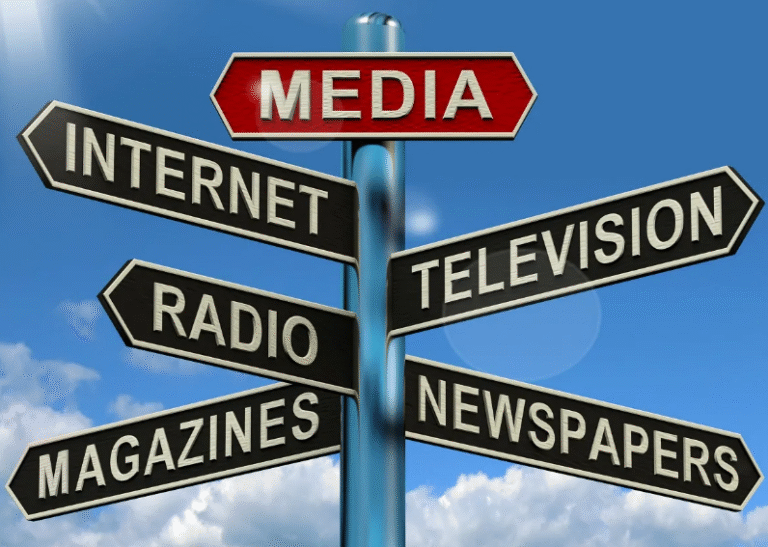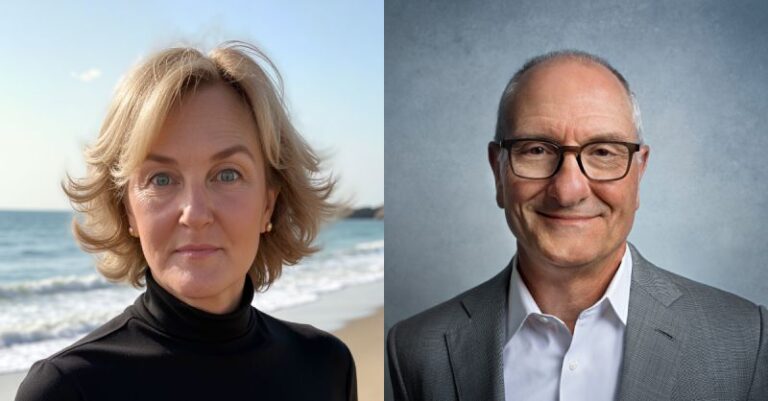By Karsten Risch, M.D., Ph.D., MPH, Chief Medical Officer, Havas Health & You
Promoting fraudulent or ignorant medical practices used to be called quackery. Of course, the tendency to cite anecdotes as conclusions without supporting data is widespread — and not limited to healthcare — and has increasingly been called “fake news.” In particular, social media, without fact checking and editing, can help spread such false and misleading information.
Fake medical news covers a broad range of topics: amazing weight-loss remedies and cancer cures, but also horror stories about the effects of vaccinations or birth control. Its implications are widespread. It can destroy hope, is costly, and can negatively affect health outcomes.
The Coalition for Healthcare Communication (CHC) has been the industry association for healthcare communication agencies, publishers and providers since 1991. While its members have always needed to comply with industry regulation, the CHC mission focused on the free flow of information. However, in light of fake medical news and consumer skepticism, a new mission statement was developed and unanimously approved by the CHC board: “To protect and promote health information that is accurate, credible, and accessible to all.”
A code of ethics is being developed and is scheduled to be rolled out to the CHC member organizations in 2018. Stay tuned!
[Editor’s Note: This column previously appeared in the Nov. 10 edition of “Coalition Speaks” in the SmartBrief for Health Care Marketers.]




